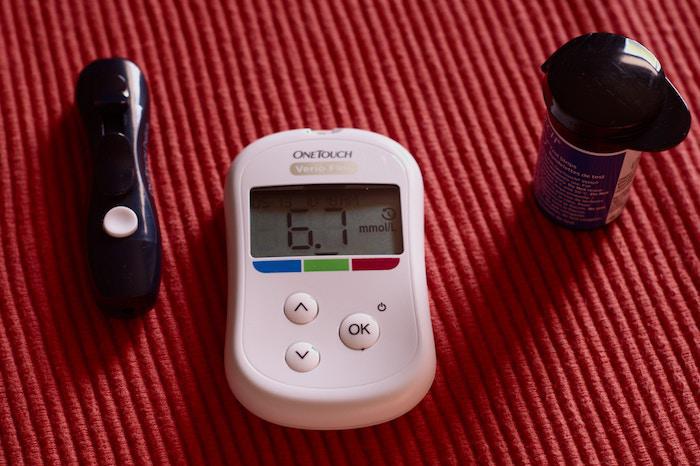One of the advantages you can give yourself to manage chronic allergies is learning what your allergy triggers are.
At Castle Hills Family Practice, our skilled medical providers offer on-site allergy testing services to identify what substances in your environment trigger allergy symptoms. Testing can also help our specialists pinpoint what treatments will work best to keep your allergies under control.
What to know about allergies
Allergies are your body’s overreaction to substances typically not considered harmful to your health. When you come into contact with an allergen in your environment, your immune system reacts by producing histamines.
This reaction causes various symptoms ranging from mild to severe, including:
- Runny nose
- Nasal congestion
- Persistent cough
- Itchy, watery eyes
- Skin rashes
If you have food allergies, you might experience an upset stomach, diarrhea, or other gastrointestinal issues.
In some people, a potentially life-threatening side effect of allergies, known as anaphylaxis, causes sudden inflammation in the esophagus, which makes breathing difficult. Without emergency medical treatment, anaphylaxis can cause serious health complications and even premature death.
Schedule allergy testing with our providers at Castle Hills Family Practice to avoid allergy-related health issues. We can determine which type of allergy test you need to get your allergies under control.
Understanding the 4 types of allergy tests
Our providers offer several types of allergy testing, so they can create the right treatment plan to manage your allergies in the long term.
On-site testing services include:
Skin prick test
During a skin prick test, we prick your skin with a modest number of allergies. If a small welt forms at the puncture site, it indicates an allergic reaction.
Common allergens we use during a skin prick test include:
- Mold
- Pollen
- Dust mites
- Pet dander
We can also use a skin prick test to determine if you have allergies to certain foods.
Patch test
During a patch test, we apply a number of allergens to small adhesive patches. We place the patches on your arm or back, and you wear them for 48 hours. In a follow-up visit, we remove the patches and evaluate your skin to identify any signs of a reaction.
Patch tests are a way to identify allergies to cosmetics, medications, and latex.
Intradermal test
An intradermal test is more invasive than other allergy tests. We use a fine needle to inject a small number of allergens into your skin and check for a reaction.
You might need an intradermal test if we suspect you have drug allergies or a reaction to insect venom.
Blood tests
Blood tests can identify the presence of histamines that indicate an allergic reaction to a substance. Typically we use blood tests when you’re not a candidate for skin tests because of underlying medical conditions or skin issues.
Your safety is our priority
Because you can have a reaction to the allergens we use during your test, our providers pay close attention to your health throughout testing.
If you have a serious or anaphylactic reaction to an allergen, we act quickly to ensure you can breathe. We can also provide medications to stop sudden itching, skin rashes, or other allergy symptoms that might develop.
After we identify the allergens that trigger a reaction, our medical providers customize an allergy treatment plan using medications or allergy shots (immunotherapy). We can also help you make lifestyle changes to prevent unnecessary allergy exposure, such as staying indoors when pollen counts are high.
If you can’t manage allergies on your own, call the Castle Hills Family Practice today to schedule a consultation for allergy testing or book an appointment online at one of our San Antonio, Texas offices.




